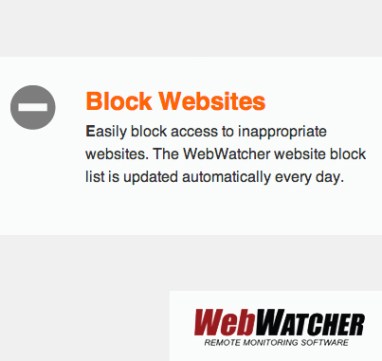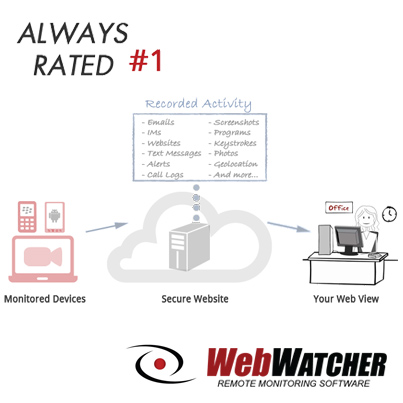The digital world is full of entertainment, social opportunities, and educational content. Unfortunately, it also contains dangers ranging from cyber bullies to predators and stalkers. Today’s parents must walk a fine line, allowing their children access to the good things that the internet has to offer while protecting them from the bad. Luckily, monitoring software can help you keep tabs on your child and give them guidance when it’s needed. However, your child may not feel the same way about it. How should you talk to your teen about monitoring their internet use? Here are some helpful strategies.

Safety, Not Spying
It may seem easier at first to just install the monitoring software without telling your child, but this is almost never a good idea. If your child discovers the software on their own, or if you confront them with something that you discovered, then they’ll feel resentful and mistrustful of you – and who could blame them? You wouldn’t like finding out that someone was spying on your actions after the fact either.
Instead, be upfront with your teen. Let them know that this isn’t about invading their privacy; it’s about ensuring their safety. Let them know that you’re trusting them to be responsible with their internet use, but you want to make sure that they’re protected from potential dangers at the same time.
Give Their Issues a Fair Hearing

Teens want to be heard and taken seriously. They don’t like being treated like children or having their concerns dismissed as unimportant. You can give your teen the courtesy of hearing them out and taking their thoughts seriously without negotiating on the boundaries that you’ve set on their internet use.
Assure them that you aren’t interested in reading their private thoughts or intruding on intimate conversations with friends or romantic partners. Point out that you brought them into the conversation because you want to hear their thoughts. Make it clear that you’ll do your best to allow them to have the independence and privacy that they want within reason, but that you won’t negotiate on stepping in if you see signs that they’re in danger or engaging in dangerous behavior. Let them know that you’re not just looking for an excuse to punish them. You may not necessarily want or need to punish them for making a mistake in their online actions, but you need to know so that you can help them make better decisions going forward.
Accept Their Feelings
Some teens won’t mind being monitored online. Many teens assume that their parents already to check their internet use, and won’t see the use of software as a major change. Some teens may even be relieved – digital interactions can be as complex as any other social interaction, and your teen may welcome some adult oversight.
However, some teens will be angry or upset. It’s your job to accept your teen’s feelings without either backing down or escalating the situation. Let them know that it’s OK to feel however they feel — even if it’s anger — but that you’re not going to change your mind because they’re angry. Don’t take their negative feelings as a sign that they’re hiding something terrible or allow them to make you angry in return. Stay calm and stick to the plan.
Parental monitoring software can cause some temporary conflict in your house, but it’s a valuable tool that can help prevent more serious problems later on. To find out more about how parental monitoring software can help you protect your teen, get our free trial.





